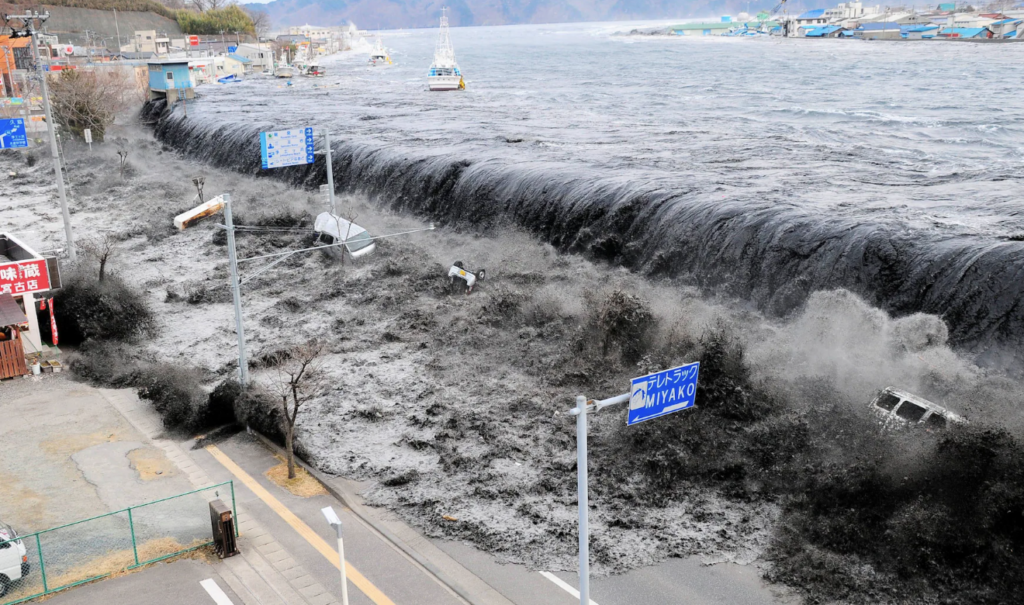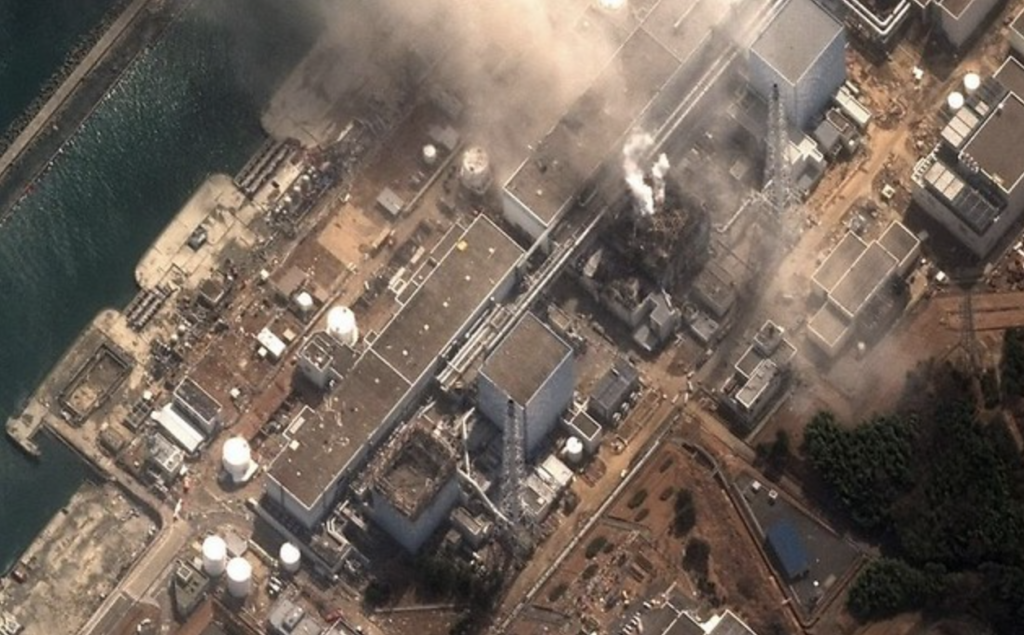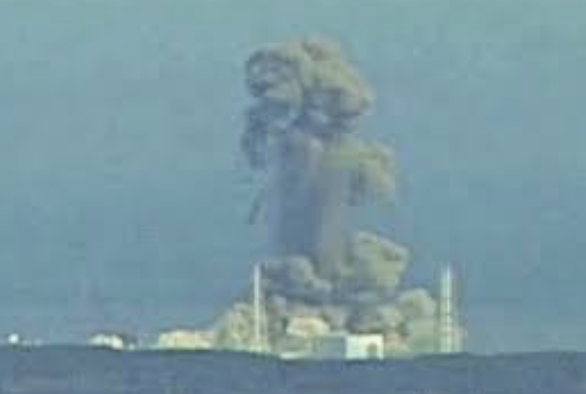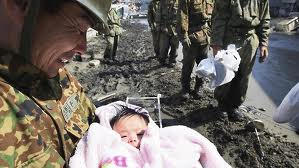My posts on the earthquake, tsunami and nuclear catastrophe that hit Japan in 2011 and shook the foundations of the US-Japan alliance
Japan, Democracy, and the Globalization of Nuclear Power
By Tim Shorrock/March 18, 2011
Since I woke up last Friday, I’ve been monitoring the terrible earthquake and tsunami that hit Japan and watching with horror as the Tokyo Electric Power Co.’s nuclear complex in Fukushima transformed a natural catastrophe into an environmental crisis of the first order. It’s been a painful experience because I grew up in Tokyo, have a Japanese step-mother, and have many friends, both American and Japanese, living there.

The unfolding nuclear disaster has also triggered memories of the times I spent in Japan as a journalist in the 1980s, when I wrote for and worked closely with a Japanese citizen’s group called Pacific Asia Resource Center (PARC), which was organized in the 1960s by Japanese antiwar, environmental and labor activists and became a regional center that build close ties with people’s movements throughout Asia. One of the activists I met during that time was the late Dr. Jinzaburo Takagi, who went to co-found the Citizens’ Nuclear Information Center (CNIC), Japan’s most prominent opponent of nuclear energy and an important source of news and information about the current crisis at Fukushima (click here for CNIC’s statement on the crisis).
Because of that experience, I was quite familiar with TEPCO, the world’s third-largest utility, and its long history of falsifying records and playing down the dangers of atomic power and radiation. Partly out of that knowledge, I posted my story, “TEPCO’s Shady History,” on March 14.
But, as my friends and family know, I’m a pack rat, and my apartment in Northwest Washington, D.C, is filled with dozens of boxes of files from my years as an Asian-focused journalist. It turns out that many of my first articles were about nuclear power and U.S. nuclear exports to the region. This week I’ve been digging threw my archives and have found some timely – and disturbing – reports from myself and others on the nuclear industry, its labor force (many of whom were low-wage subcontractors called “nuclear gypsies” who did the most dangerous tasks), and how the industry subverted both the environment and Japan’s democracy.
TO READ ON, CLICK HERE: Japan, Democracy, and the Globalization of Nuclear Power, March 18, 2011
Naoto Kan and the End of “Japan Inc.”

On March 13, forty-eight hours after Japan’s Tohoku region was rocked by a catastrophic earthquake, a ferocious tsunami and partial meltdowns at several nuclear power plants in Fukushima, Prime Minister Naoto Kan asked his citizens to unite in the face of “the toughest crisis in Japan’s sixty-five years of postwar history.”
Emperor Akihito underscored the gravity of the situation by announcing his “deep concern” for the nation in his first public speech since ascending the throne in 1990. His address brought back sharp memories of his father, Emperor Hirohito, who ended World War II in a famous radio address in August 1945 that asked Japan to “endure the unendurable.”
But even as Japan was reeling from the disaster’s death toll—which is expected to surpass 20,000—and growing increasingly frightened by the crisis at Tokyo Electric Power Company’s nuclear reactor complex, there was growing unease at the lack of straight information from both the government and Tepco, a utility with a troubled history of lies, cover-ups and obfuscation dating back to the late 1960s.
The information gap became an international issue on March 16, when US Nuclear Regulatory Commission chair Gregory Jaczko openly contradicted the Japanese government by declaring that water in one of Tepco’s reactors had boiled away, raising radiation in the area to “extremely high levels.” He recommended evacuation to any Americans within fifty miles of the site—nearly double the evacuation zone announced by the Japanese government (which immediately denied Jaczko’s assertions). The New York Times piled on the next day with a major article that pilloried the Kan government. “Never has postwar Japan needed strong, assertive leadership more—and never has its weak, rudderless system of governing been so clearly exposed,” the reporters declared.
TO READ ON, CLICK HERE: The Nation, March 30, 2011
Nuclear Gypsies
As the six reactors at Tokyo Electric Power Company’s Fukushima power complex have burned out of control over the past week, both the foreign and Japanese press have been full of stories about the “Fukushima 50” – the several hundred workers who have valiantly, in shifts of 50, struggled to contain the fires and in the process exposed themselves to serious risks of radiation. They have been rightly hailed as the unsung heroes of Japan’s earthquake, tsunami and nuclear catastrophe.
TO READ ON, CLICK HERE: Nuclear Gypsies – The subcontractors who do the dirty work

TEPCO’s Shady History
In 2002, Tokyo Electric Co. admitted to falsifying its records of nuclear inspections and hiding the facts for more than a decade. Ironically, the information came from a whistleblower at GE, which helped build the plants and has contracted with TEPCO on operational matters for decades.
TO READ ON, CLICK HERE: TEPCO’s shady history
Japan: The mass media “won’t ask the sharp questions.”
Japan’s nuclear crisis: A report from Tokyo

